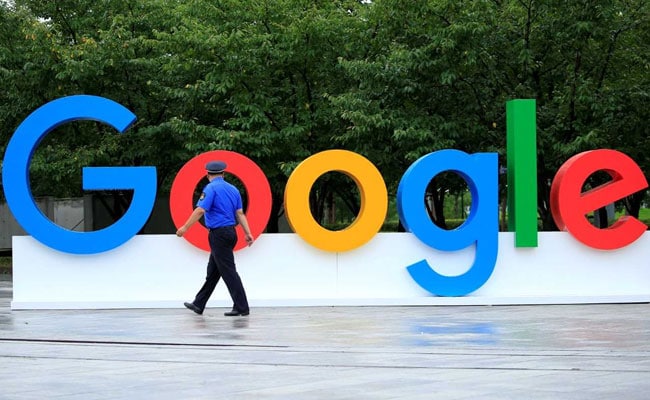
In a significant development, the European Union (EU) has filed charges against Google, accusing the tech giant of abusing its dominant position in the ad tech industry. The move comes after a lengthy investigation conducted by the European Commission, the EU’s executive arm, which has been closely scrutinizing Google’s practices related to online advertising.
Background and Investigation
Over the years, Google has become a dominant force in the digital advertising market, particularly through its ad tech services. Ad tech, short for advertising technology, refers to the technological tools and platforms used by advertisers and publishers to manage online advertising campaigns. Google’s ad tech offerings encompass a wide range of services, including ad placement, ad targeting, and ad measurement.
The EU’s investigation focused on allegations that Google engaged in anti-competitive behavior by leveraging its market power to unfairly restrict competition and disadvantage rival companies in the ad tech sector. The European Commission examined various aspects of Google’s business practices, including its use of data, its restrictions on third-party access to user data, and its control over the ad tech supply chain.
Charges and Allegations
The charges filed against Google by the EU assert that the company violated antitrust rules by engaging in anti-competitive practices. Specifically, the European Commission alleges that Google:
- Preference its own ad tech services: The EU claims that Google gave preferential treatment to its own ad tech services, disadvantaging competitors and hindering their ability to effectively compete in the market.
- Restricted access to user data: The European Commission argues that Google imposed unfair conditions on user data access, limiting the ability of rival advertisers and publishers to provide personalized and targeted ads to users.
- Unfair practices in ad tech supply chain: The charges also accuse Google of engaging in unfair practices in the ad tech supply chain, such as bundling its services together or making it difficult for advertisers and publishers to switch to competing platforms.
Potential Consequences
If Google is found guilty of the charges, it could face significant consequences and hefty fines. The European Commission has the authority to impose fines of up to 10% of a company’s global turnover for breaching EU antitrust rules. In addition to financial penalties, Google may be required to change its business practices to ensure fair competition in the ad tech market.
Google’s Response
Following the charges, Google has stated that it disagrees with the European Commission’s allegations and intends to defend its position. The tech giant asserts that it provides valuable services to advertisers and publishers and that it operates in a highly competitive industry.
Google’s defense is expected to revolve around the argument that its practices benefit users by enabling free access to online content and supporting the sustainability of the digital advertising ecosystem. The company may also highlight the investments it has made in innovative ad tech solutions and the positive impact it has had on the digital advertising industry as a whole.
Impact on the Ad Tech Industry
The outcome of this case could have far-reaching implications for the ad tech industry and the digital advertising landscape as a whole. If the charges against Google are upheld, it may encourage other regulators around the world to take similar actions against dominant players in the sector. This could lead to a more level playing field and increased competition, ultimately benefiting advertisers, publishers, and users.
Additionally, the case may prompt discussions and potential reforms regarding the use of user data in the ad tech industry. Stricter regulations or guidelines could be implemented to ensure greater transparency, user control, and fair access to data for all market participants.
